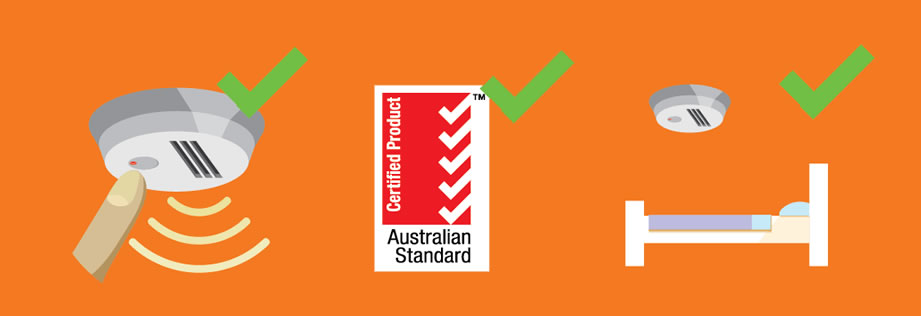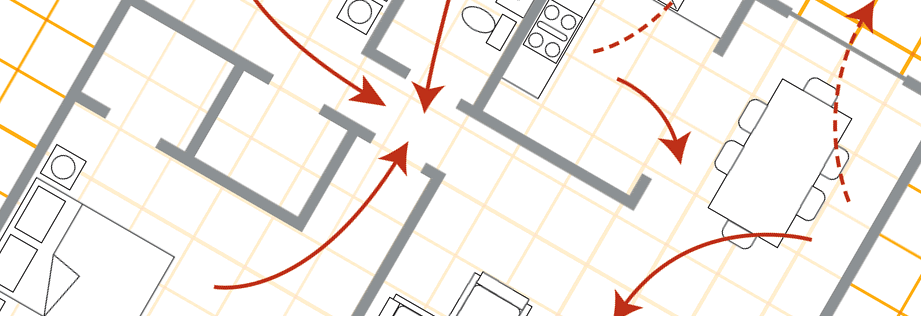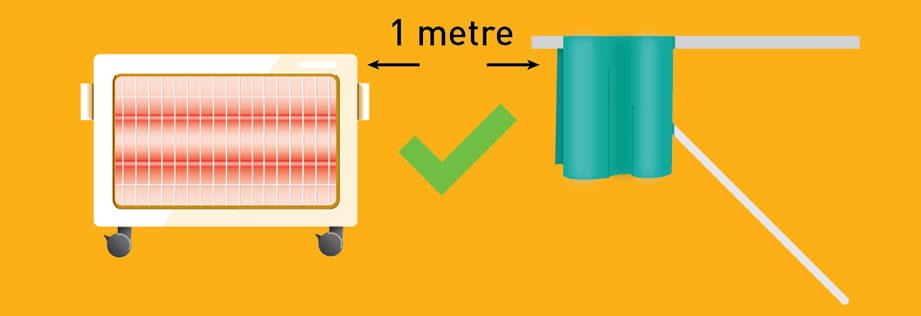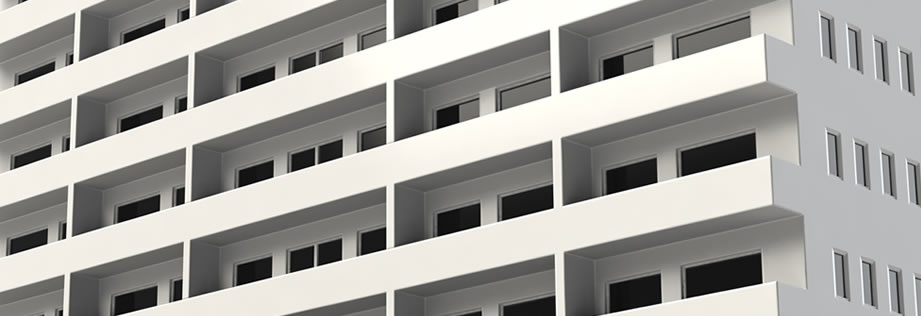Fire and Rescue NSW urges the public not to take heating risks during current winter cold snap - NSW
Published: 17 Jul 2024 09:10am
Fire and Rescue NSW (FRNSW) is warning the public not to take dangerous risks to stay warm during the current polar snap that’s gripping Australia’s east coast.
A strong low-pressure system continues to pull cold air from the Southern Ocean near Antarctica this week, generating temperatures up to six degrees below average in the eastern parts of the country.
The Bureau of Meteorology forecasts potential snow flurries as far north as NSW’s Northern Tablelands and into Queensland.
FRNSW is encouraging the public not to engage in risky behaviour to heat up homes during the cold snap.
Heaters should be kept at least a metre away from any materials and furniture in the home to prevent fires and ideally should be plugged into their own sockets to prevent power board overloads.
Three people narrowly escaped a fire that destroyed a house at Doonside, in Sydney’s west, last month when a heater ignited office chairs.
Residents should inspect any heaters removed from storage to ensure they are in good working order and clean them if necessary.
Under no circumstances should outdoor barbecues and heaters be brought inside homes to provide heat.
They generate Carbon Monoxide, an invisible, toxic, odourless and tasteless gas that can render people unconscious and cause death.
Four people, including a child, were overcome by CO gas in their Wentworthville unit late last month after they brought a BBQ in from their balcony to provide makeshift heating.
FRNSW Deputy Commissioner – Field Operations, Paul McGuiggan, said the last time NSW experienced bitter winter cold snaps, in 2022, there were a record 17 deaths in residential fires.
“It’s crucial that every home has at least one working smoke alarm protecting you and your loved ones,” Deputy Commissioner McGuiggan said.
“Half the homes that experienced a fire over the last two winters either didn’t have a smoke alarm or those present weren’t working,” he said, “That’s a recipe for disaster because a smoke alarm may well be the only thing that saves you if a fire breaks out.
“You can’t smell when you’re asleep so a sounding alarm may be your only hope.
“We also recommend forming a home fire escape plan so all occupants are aware of their best way out in the event of a fire.”
Updated: 17 Jul 2024 09:14am
Related safety topics
It“s the law to have at least one working smoke alarm installed on every level of your home.
Having a home escape plan and a working smoke alarm increases your chances of getting out safely.
Learn how to prevent fires from heaters and open fires.
The best way to keep you and your family safe is to prevent fires from occurring and know what to do in case of a fire.
Details about this incident may change and should not be used as emergency information and/or advice.
For all life threatening emergencies, call Triple Zero (000)
For flood information, warnings or requests for non-life threatening assistance, call the SES on 132 500 or visit the NSW State Emergency Service website here. [external link].
For information directly relating to bushfires please call the Bush Fire Information Line on 1800 679 737 or visit the NSW Rural Fire Service Website here. [external link]














